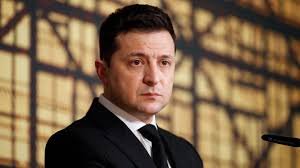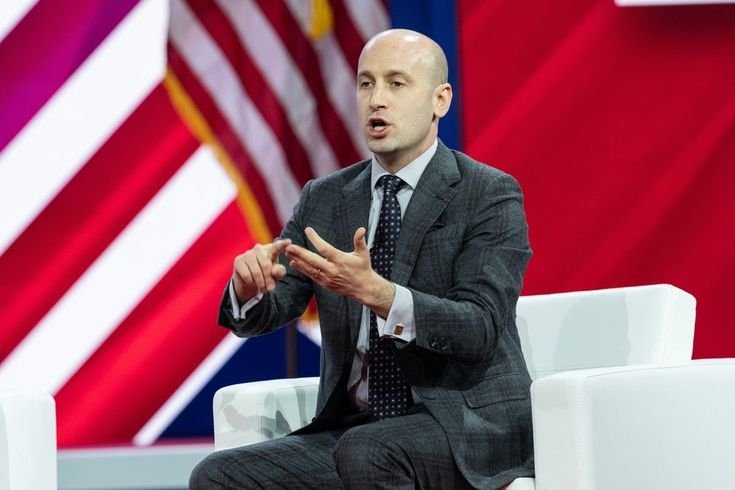Ukrainian President Volodymyr Zelenskyy has called on European nations to build their own military force—a European army—to safeguard the continent amid growing concerns over Russian actions. Speaking at the Munich Security Conference in Germany on February 14, 2025, Zelenskyy warned that without a self-reliant defense strategy, Europe could be left vulnerable to external pressures.
A United European Defense
“We must build the armed forces of Europe, so that Europe’s future depends only on Europeans,” Zelenskyy declared. His appeal for a European army comes at a time when the reliance on external military support is increasingly questioned. By encouraging Europe to take charge of its own security, Zelenskyy envisions a continent where decisions are made by Europeans for Europeans—a critical step toward long-term stability.
Confronting Russian Moves
Highlighting the imminent threat, Zelenskyy noted that Russia appears uninterested in entering into meaningful dialogue. According to Ukrainian intelligence, Moscow is planning to deploy troops to Belarus under the guise of training exercises this summer. This maneuver, he warned, is an effort to establish what he called a “new Russian province,” posing a direct risk to NATO’s eastern neighbors.
The Need for Real Security Guarantees
In discussions with U.S. Vice President JD Vance, Zelenskyy stressed that any progress toward peace with Russia must be underpinned by solid security guarantees. “We cannot agree to a ceasefire without real security guarantees,” he emphasized. With Moscow unlikely to offer genuine assurances—given its current reliance on conflict to maintain internal cohesion—Zelenskyy urged that Western allies, particularly the United States, shoulder a greater role in ensuring regional security.
NATO Membership and Future Military Strategies
While Ukraine continues to pursue NATO membership, Zelenskyy made it clear that he is not ready to drop this objective. He also outlined plans for a potential new alliance that would cover the eastern borders of Ukraine, Belarus, Finland, and the Baltic states. This strategic proposal, he believes, represents the strongest line of defense under international law, ensuring that Europe remains robust against any threats.
International Reactions and the Path Forward
The call for a European army and enhanced security guarantees comes as global leaders gather in Munich to discuss the future of regional defense. Despite some U.S. officials expressing skepticism over Ukraine’s hardline demands, Zelenskyy’s message resonates with many who see the need for Europe to act independently. Previous statements by figures such as former President Donald Trump—who favored economic partnerships over the stationing of U.S. troops in Ukraine—underscore the complex dynamics at play.
Conclusion
As tensions continue to simmer on Europe’s borders, Zelenskyy’s call for a united European defense strategy highlights the urgent need for self-reliance in the face of Russian aggression. With security and sovereignty at stake, European nations are now tasked with rethinking their defense priorities to ensure a stable and secure future.



